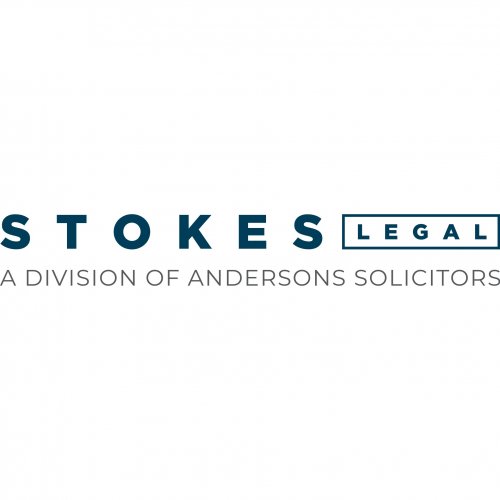Best Probate Lawyers in Edwardstown
Share your needs with us, get contacted by law firms.
Free. Takes 2 min.
List of the best lawyers in Edwardstown, Australia
About Probate Law in Edwardstown, Australia
Probate law in Edwardstown, Australia, deals with validating the Will of a deceased person and the execution of their wishes concerning the distribution of their assets. If the person dies without a Will, probate law provides a standard procedure for handling the deceased person’s estate. The process involves appointing an executor or an administrator who will manage the deceased person's estate, pay any debts, and distribute the remaining assets to beneficiaries as per the Will or state law.
Why You May Need a Lawyer
Engaging a lawyer can be beneficial in many scenarios related to probate law. Firstly, if the deceased has considerable assets or complex family relationships, a lawyer can help navigate the complexities of estate distribution. Secondly, disputes over Wills and estate matters among family members can be emotionally charged; a lawyer can provide objective advice and representation. Thirdly, if you have been named as the executor of a Will, a probate lawyer can help you understand your responsibilities and liabilities, ensuring you fulfill your duties correctly and lawfully.
Local Laws Overview
The probate process in Edwardstown follows the Probate Rules 2015 and the Administration and Probate Act 1919. If a person dies leaving a Will and appointing an executor, the executor will need to apply for a 'Grant of Probate.' If the deceased didn’t leave a Will, a next of kin or other interested party can apply for 'Letters of Administration' to manage the estate. There's a mandatory 28-day waiting period after the death before one can apply for probate. Once received, it permits the executor or administrator to formally administer the estate.
Frequently Asked Questions
What happens if there is no Will?
If a person dies without a Will ('intestate'), the estate is distributed according to the South Australia legislation-with major shares going to the spouse and children.
Do I need probate if assets are jointly owned?
For jointly held assets, ownership typically transfers to the surviving owner(s) directly, without need of probate. Nonetheless, it may depend on the specific nature of the asset involved.
How long does the probate process take?
The probate process length can depend on multiple factors such as estate complexity, dispute existence, and court backlog. Generally, it could take anywhere from a few months to over a year.
How much does probate cost?
The probate cost can vary greatly depending on the estate's complexity. It generally includes court fees, professional fees if you engage a lawyer, and other administrative costs.
What is the role of the executor?
The executor is responsible for managing the deceased's estate, which includes paying debts, handling tax affairs and distributing the assets to the beneficiaries as per the Will or South Australia legislation if no Will exists.
Additional Resources
Additional resources for those needing legal advice in probate matters include the Courts Administration Authority of South Australia and the Law Society of South Australia. These organizations can provide valuable info on probate procedures and help in finding a suitable lawyer.
Next Steps
If you need legal assistance in probate matters, you should consider hiring a specialised probate lawyer who can guide you through the complex probate process. Consult with several lawyers to understand their expertise, fee structure, and how they can assist in your specific situation. Make sure all your queries are answered before proceeding with hiring so that you are confident in your decision.
Lawzana helps you find the best lawyers and law firms in Edwardstown through a curated and pre-screened list of qualified legal professionals. Our platform offers rankings and detailed profiles of attorneys and law firms, allowing you to compare based on practice areas, including Probate, experience, and client feedback.
Each profile includes a description of the firm's areas of practice, client reviews, team members and partners, year of establishment, spoken languages, office locations, contact information, social media presence, and any published articles or resources. Most firms on our platform speak English and are experienced in both local and international legal matters.
Get a quote from top-rated law firms in Edwardstown, Australia — quickly, securely, and without unnecessary hassle.
Disclaimer:
The information provided on this page is for general informational purposes only and does not constitute legal advice. While we strive to ensure the accuracy and relevance of the content, legal information may change over time, and interpretations of the law can vary. You should always consult with a qualified legal professional for advice specific to your situation.
We disclaim all liability for actions taken or not taken based on the content of this page. If you believe any information is incorrect or outdated, please contact us, and we will review and update it where appropriate.








